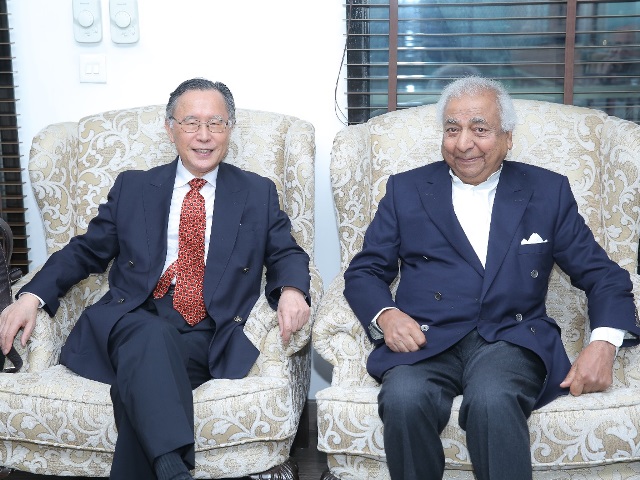元国連官房長官のビエンドラ・ダヤール氏は、「強制移住、飢餓、不平等、貿易紛争、債務負担の増加、メディアの自由に対する危険など、世界が直面する多くの課題に取り組まなければならない」と述べた。元国連事務総長特別代表の長谷川祐弘氏は、ガンジーの非暴力による主張と日本の悟りとして知られる明治維新時代の意義に関して説明し、国連の安全保障理事会の再編成を勧告した。

Please see the Indian press coverage below:
The United Nations must do more to end violence and forced displacement. A move in that direction will include restructuring of the Security Council and norms for grant of veto power, experts said at a day-long conference on the ‘Future of United Nations’ at the O.P. Jindal Global University, here on Thursday.
”The UN must address many challenges faced by the world, including forced displacement, hunger, inequality, trade disputes, increasing debt burden and danger to media freedom,” said Virendra Dayal, former Chef de Cabinet to the UN Secretary General, in his inaugural address, according to a statement by the university.
Among the measures the UN can take to restore the power balance, the panelists recommended recomposition of the Security Council, veto power, promotion of democracy, and adequate funding by the developed countries and rules of procedure.
Speaking on Gandhian non-violence and Meiji Revolution in Japan — a period known as Japanese enlightenment — panellist Sukehiro Hasegawa stressed India and Japan can leverage their rich heritage to bring harmony in the working of the UN.
”India’s fight for independence as well as Gandhi’s philosophy of peace and welfare of humankind spread across the world. Similarly, the Meiji revolution paved the way for peace and prosperity in Japan.
”The two countries can utilise this rich historical heritage and act in harmony in the UN,” said Sukehiro Hasegawa, former Special Representative of the UN Secretary General to Timor-Leste.




